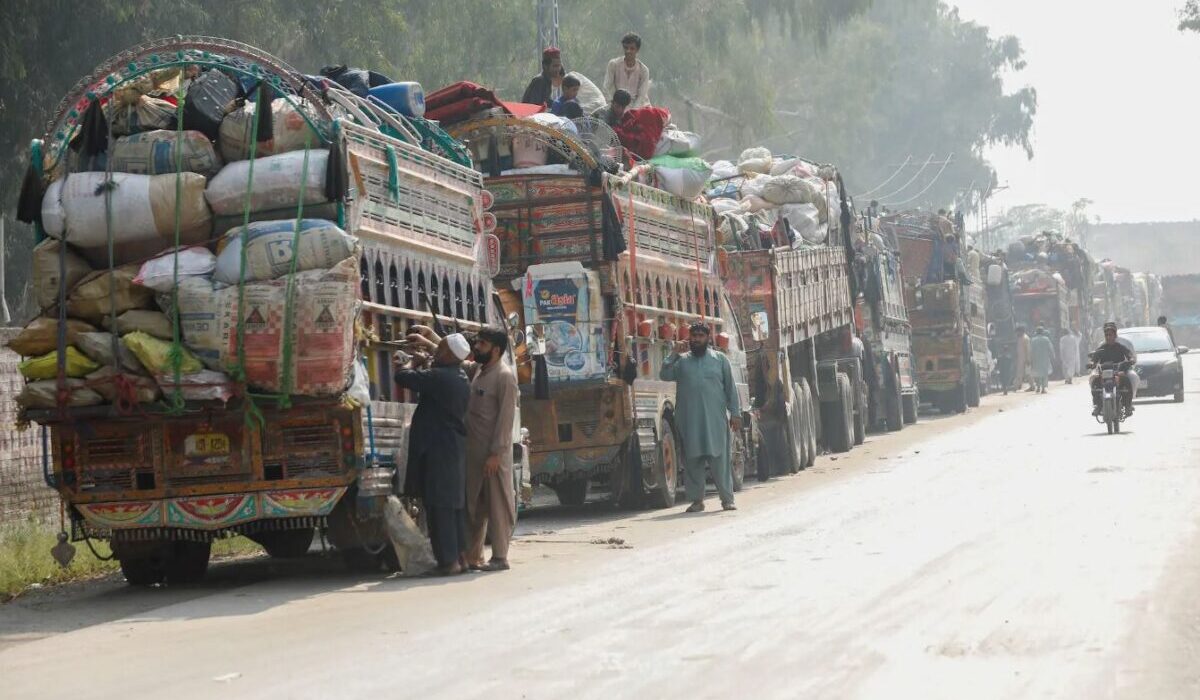ISLAMABAD — Pakistan’s deadline to commence the second phase of Afghan migrants deportations expired on Monday, setting the stage for expected crackdowns on those residing within the country without proper documentation.
Pakistani media have reported that over 800,000 Afghan refugees, holders of “Afghan Citizen Card” or “ACC” documents, face potential expulsion. This development comes amid international concern, as human rights advocates warn that the deportations could pose severe risks, including restricted access to education for female students.
The United Nations High Commissioner for Refugees (UNHCR) estimates that approximately 840,000 migrants could be affected in this phase. A UNHCR spokesperson highlighted that repatriated Afghan girls are likely to be deprived of educational opportunities.
According to the latest figures from the International Organization for Migration, the first phase saw over 500,000 people either forced to leave or expelled. Meanwhile, the Taliban’s Ministry of Refugee Repatriation noted that more than 100 individuals have returned from Pakistan in the past two days.
Activists within Pakistan have criticized the government’s forceful approach. “The forced return of Afghan migrants in the second phase violates human rights norms,” stated Mohammad Khan Talibi Ahmadzai, a refugee rights activist. “Pakistan must respect these norms and honor its four-decade commitment to migrants.”
Many Afghan migrants express fears that returning to Afghanistan under the Taliban could endanger their lives, particularly for girls, who face educational barriers.
Further reports suggest that in a potential third phase, Islamabad might target approximately 1.3 million refugees holding “POR” or registration certificate cards, issued in collaboration with the UNHCR between 2006 and 2007 and renewed biennially. In 2017, the Pakistani government, in coordination with the then Afghan administration, issued “Afghan Citizen Cards” to Afghan migrants in an attempt to regulate their status.
Rights groups continue to urge Pakistan to reconsider its stringent policies towards Afghan refugees, advocating for a more humane and rights-respecting approach.





